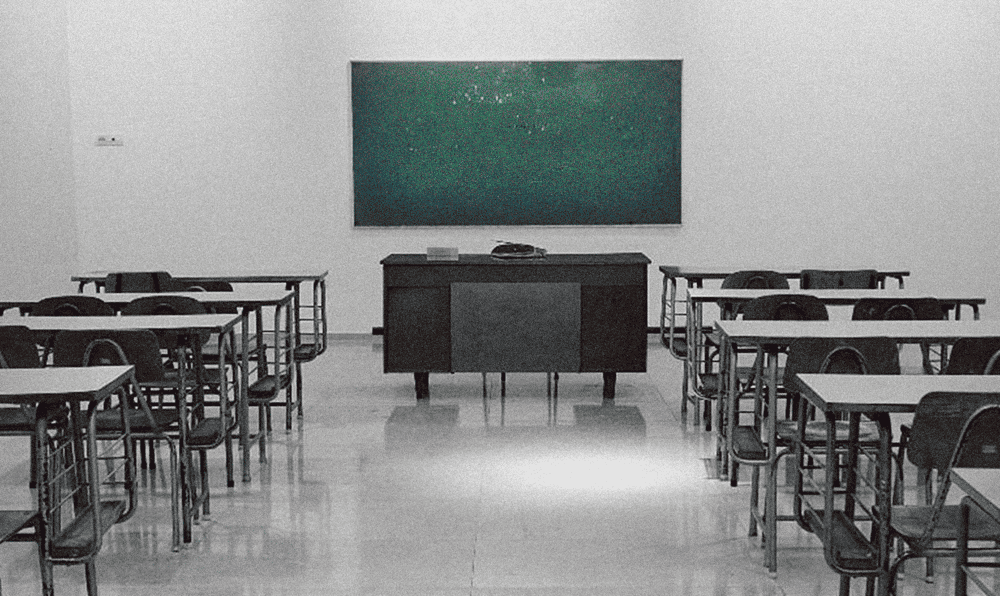Authored by an Ahvazi Activist
ISNA news agency reported on April 21, 2023, that a three-year-old girl tragically died after falling into a sewage well. Subsequently, a report from the BBC Persian website on May 4, 2023, stated that a minimum of nine children aged between one and eight have perished in the past seven years, victims of Ahvaz's poorly managed and hazardous pits and sewers.
Local sources confirm the reports above, adding that the sewage infrastructure in Ahvaz significantly deviates from urban standards. It is particularly alarming in peripheral areas and suburbs with over 1.5 million people. A majority of the sewage channels are not covered and are dug directly into the streets. This situation increases the risk of accidents involving children and facilitates the spread of infectious diseases and skin conditions, thus putting the residents' health at severe risk.
Furthermore, reliable reports suggest that Ahvaz's untreated wastewater, including hospital and industrial waste, is discharged directly into the Karun River. This waste contaminates the river and fosters the proliferation of infectious and dangerous diseases among the city's population.
The persistent flooding of Ahvaz's streets and the spilling of sewage onto roads and into the city's public spaces after every rainfall are additional problems that require urgent remedial measures to safeguard the health and well-being of the city's inhabitants.
In recent decades, the government of the Islamic Republic of Iran has failed to address these concerns due to a combination of centralization, cronyism, corruption, and misguided policies. It has deprived many marginalized areas of Ahvaz - primarily inhabited by Arabs - of basic facilities like water supply and proper sewage systems. As a result, a distinct class divide has developed within Ahvaz's populace. For instance, a project to modernize Ahvaz's sewage system, funded by a World Bank loan of 149 million dollars, was announced in the 1990s but never realized. The loan's disbursement began in 2004, yet the fate of these funds remains to be determined.
On October 2, 2019, the then-governor of Khuzestan, Gholamreza Shariati, highlighted this issue during a Karun River Quality Protection Council meeting. He mentioned the "money poisoning" phenomenon plaguing Khuzestan, referring to allocating funds to never executed projects. He cited the non-realization of the Ahvaz sewage treatment plant, which received significant funds, including a World Bank loan, over the past 15 years.
This systemic inequality fosters ethnic resentment among the city's residents, as the stark disparity between living standards and facilities in Arab and non-Arab areas is evident.
Given the dire health risks posed by the lack of a proper sewage system, particularly to children, and the socio-political issues arising from unfair resource distribution, we, the undersigned, urgently call for establishing a modern sewage system in Ahvaz's underserved areas.
June 28, 2023

حل معضلات شهری در استان های محروم